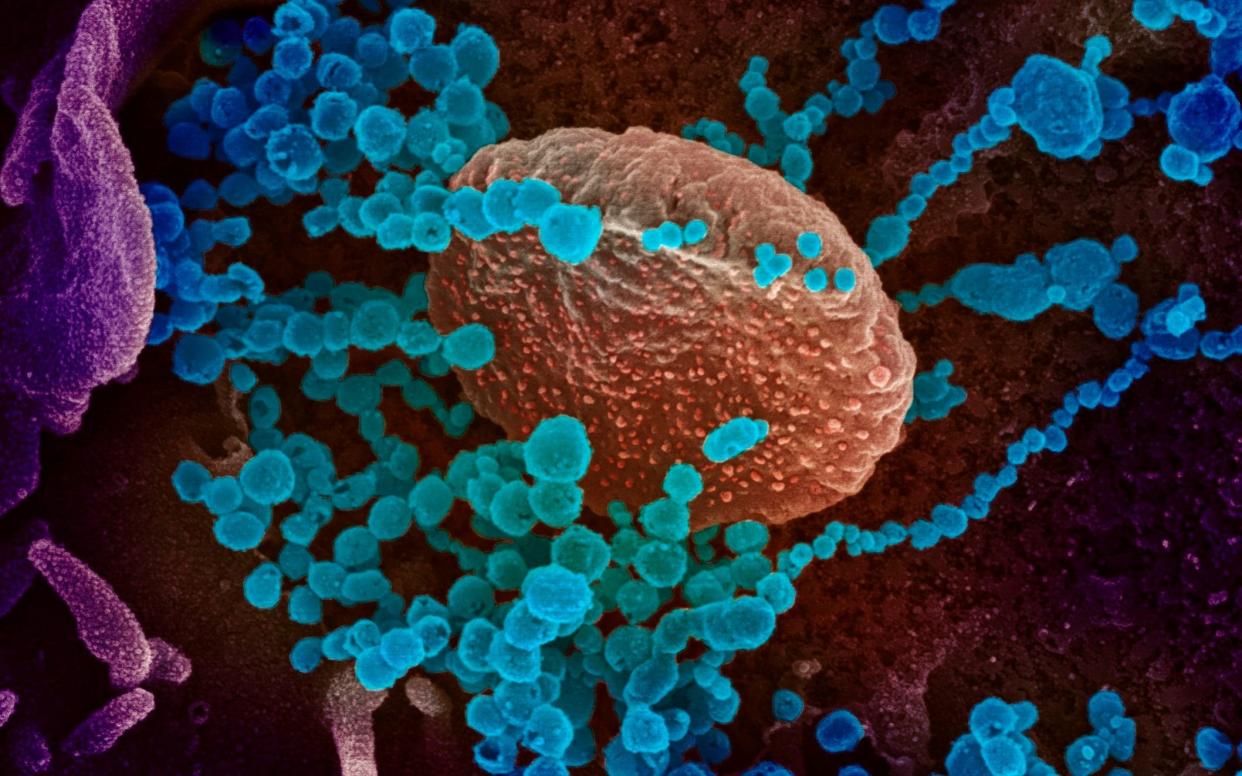New Covid-19 mutation 'helping outbreaks spread faster around the world'


A new mutation of Covid-19 is now the most dominant strand of the virus globally and is forming clusters more quickly in the UK than the original virus from Wuhan, an expert has warned.
Professor Nick Loman, of the University of Birmingham, who is part of the Covid-19 Genomics Consortium, said the mutation, known as D614G, has an observable impact on cases in humans.
While it is not thought the new form of the virus causes a greater risk of death or lengthier hospital stays, it is helping outbreaks spread more rapidly across the world.
The findings come after scientists analysed more than 40,000 genomes in the UK and found D614G mainly increases transmissibility in human cases, according to Professor Loman.
"It exists in the spike protein, which is a very important way that the coronavirus can enter human cells, and we have been noticing in the UK and worldwide that this mutation has been increasing in frequency," he told BBC Radio 4's Today programme.
"This mutation was predicted first by computer modelling to have some impact on the structure of that protein and the ability of the virus to bind and enter cells and then quite recently was shown in laboratory experiments to increase the infectivity of cells."
Prof Loman said he suspected the new mutation would not impact the process of finding a vaccine for Covid-19, particularly given its prevalence globally.

"This is the most dominant mutation – it's about 75 per cent of cases," he continued.
"This increase in this mutation is a worldwide phenomenon. The original virus out of Wuhan had the D-type, but the G-type has become much more dominant across the world, including the UK."
He sought to dampen concerns that the fresh mutation might mean the pandemic is about to be plunged into a deadly new phase, saying the impact was apparently confined in a small way to transmissibility.

He added: "It's a small impact, we think, and we're not completely confident about that, but we found by testing what happened in the UK that the viruses that contained the G-type of mutation seemed to form clusters of cases faster, which ended up being bigger than viruses with the D-mutation.
"We didn't see any significant association with survival and the length of hospital stays with this mutation – we don't think this mutation is important in changing virulence. The effect seems to be on transmissibility."


